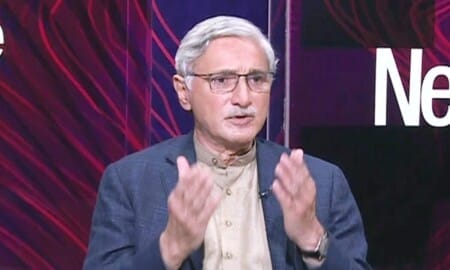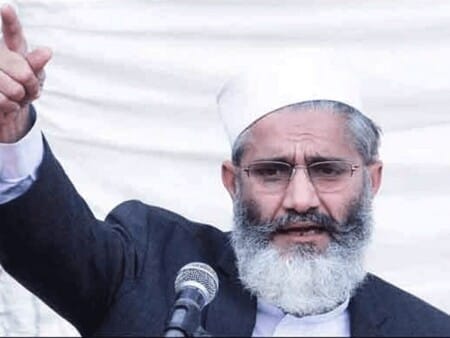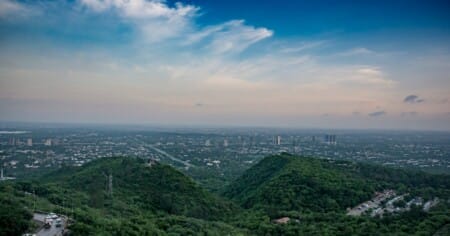In a strategic shift, Saudi Arabia pauses its oil capacity expansion, aligning with global energy transition goals.
Story Snapshots:
- Saudi Arabia suspends plans to expand oil capacity.
- The decision aligns with the global energy transition and the kingdom’s net-zero emissions target by 2060.
- Saudi Aramco to maintain a maximum sustained capacity of 12 million bpd, 1 million bpd below the previous target.
- The kingdom maintains a significant “cushion” of spare oil capacity.
Why has Saudi Arabia decided to halt its oil capacity expansion plans? Saudi Arabia has halted its oil capacity expansion plans due to the global energy transition, choosing to focus on diversifying investments and maintaining its role as a major oil capacity holder with substantial spare resources.
From the heart of the oil-rich Eastern Province in Dhahran, Saudi Arabia, comes a pivotal announcement: the kingdom is halting its plans to expand oil capacity. On January 30, the Saudi government instructed state-owned Aramco to cease its expansion target and maintain a maximum sustained capacity of 12 million barrels per day (bpd), adjusting down from the previously set target of 13 million bpd by 2027.
Read: Gulf Markets Rally on Expectations of Federal Reserve Rate Cut
This decision underscores a global shift towards sustainable energy practices. Prince Abdulaziz bin Salman, the kingdom’s energy minister, conveyed this strategic reorientation at the IPTC petroleum technology conference in Dhahran. He pointed out that the postponement of investments in capacity expansion is reflective of ongoing energy transitions.
Despite this halt, Saudi Arabia is not stepping back from its pivotal role in the global oil market. The kingdom holds a considerable “cushion” of spare capacity—estimated to be around 3 million bpd below its maximum sustainable capacity under the current OPEC+ agreements. This reserve stands as a contingency against potential supply shocks caused by conflicts or natural disasters.
As the energy landscape evolves, Saudi Arabia is rechanneling its focus. Instead of merely expanding oil output, the kingdom is investing in an array of sectors, including gas, petrochemicals, and renewables. Aligning with this direction, Saudi Aramco has reinforced its commitment to achieving net-zero emissions from its operations by 2050, in line with the country’s broader 2060 net-zero emissions target.
Furthermore, Prince Abdulaziz expressed his readiness to adapt oil production levels to market needs, emphasizing Saudi Arabia’s flexibility in response to global demand fluctuations. He also voiced criticism of the International Energy Agency’s coordinated release of emergency oil reserves in 2022, questioning the lack of appreciation for countries that maintain emergency capacity.
Amin Nasser, Aramco’s CEO, sharing the stage, projected an increase in oil demand to 104 million bpd in the current year and 105 million bpd by 2025. This outlook challenges the narrative that peak oil demand is imminent, as last year’s figures already topped 102 million bpd according to OPEC data.
Saudi Arabia’s decision encapsulates a strategic balancing act: remaining a cornerstone of the global oil economy while signaling a readiness to embrace the energy future. As the kingdom navigates between maintaining robust oil production and contributing to the energy transition, its policies and market maneuvers will continue to shape the world’s energy dialogue, with implications reverberating far beyond its borders.
What’s your take on this? Let’s know about your thoughts in the comments below!












